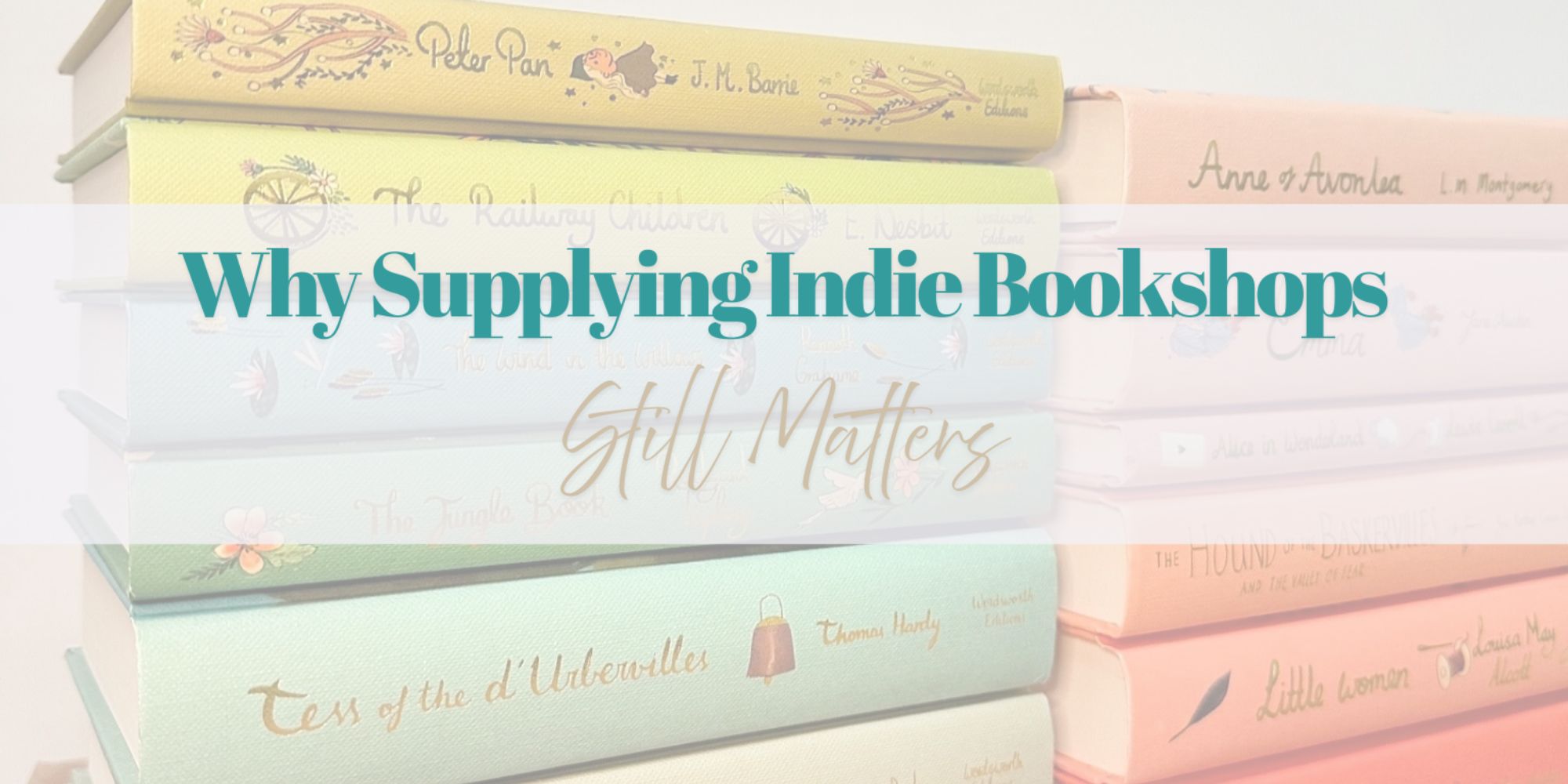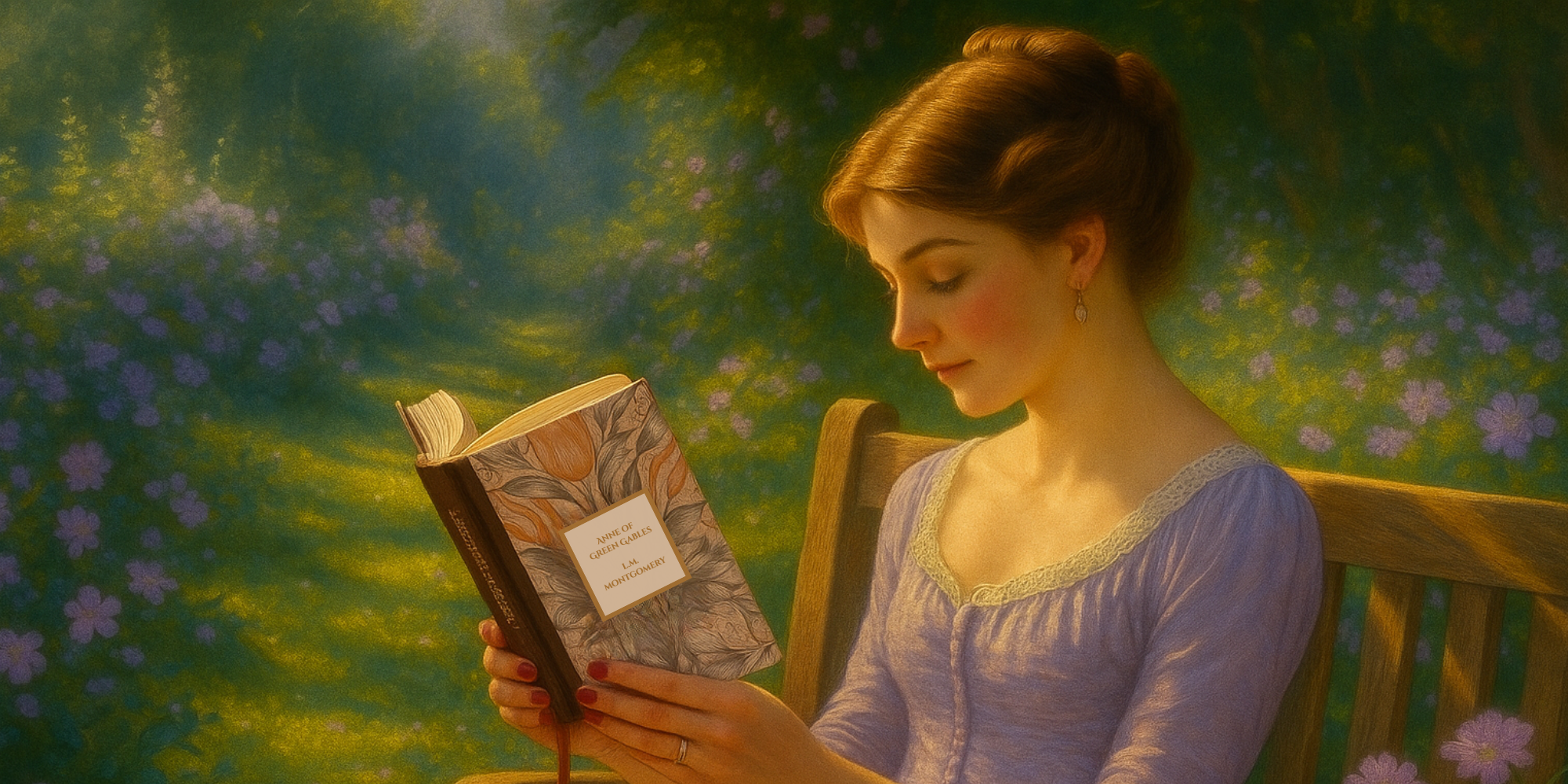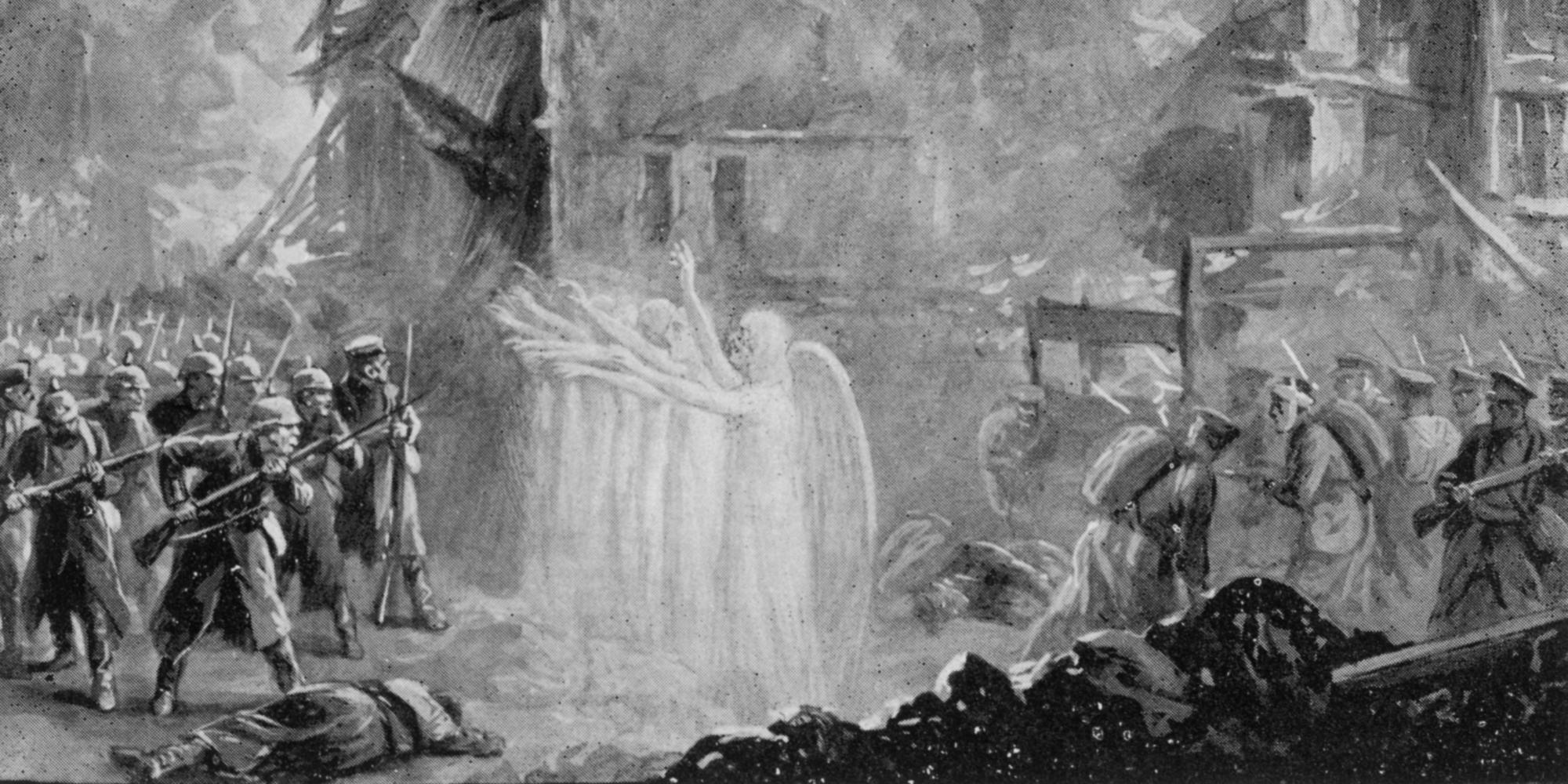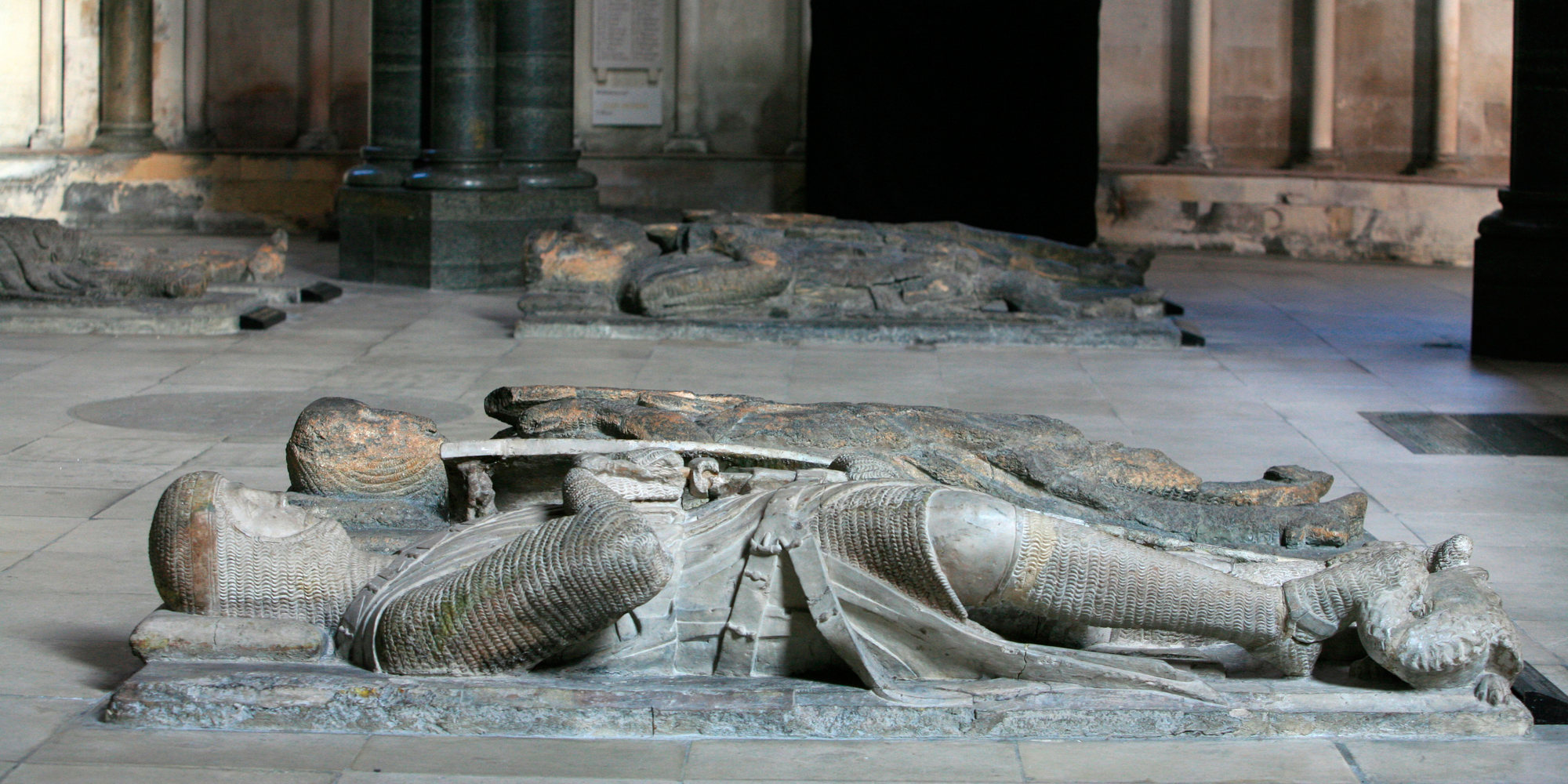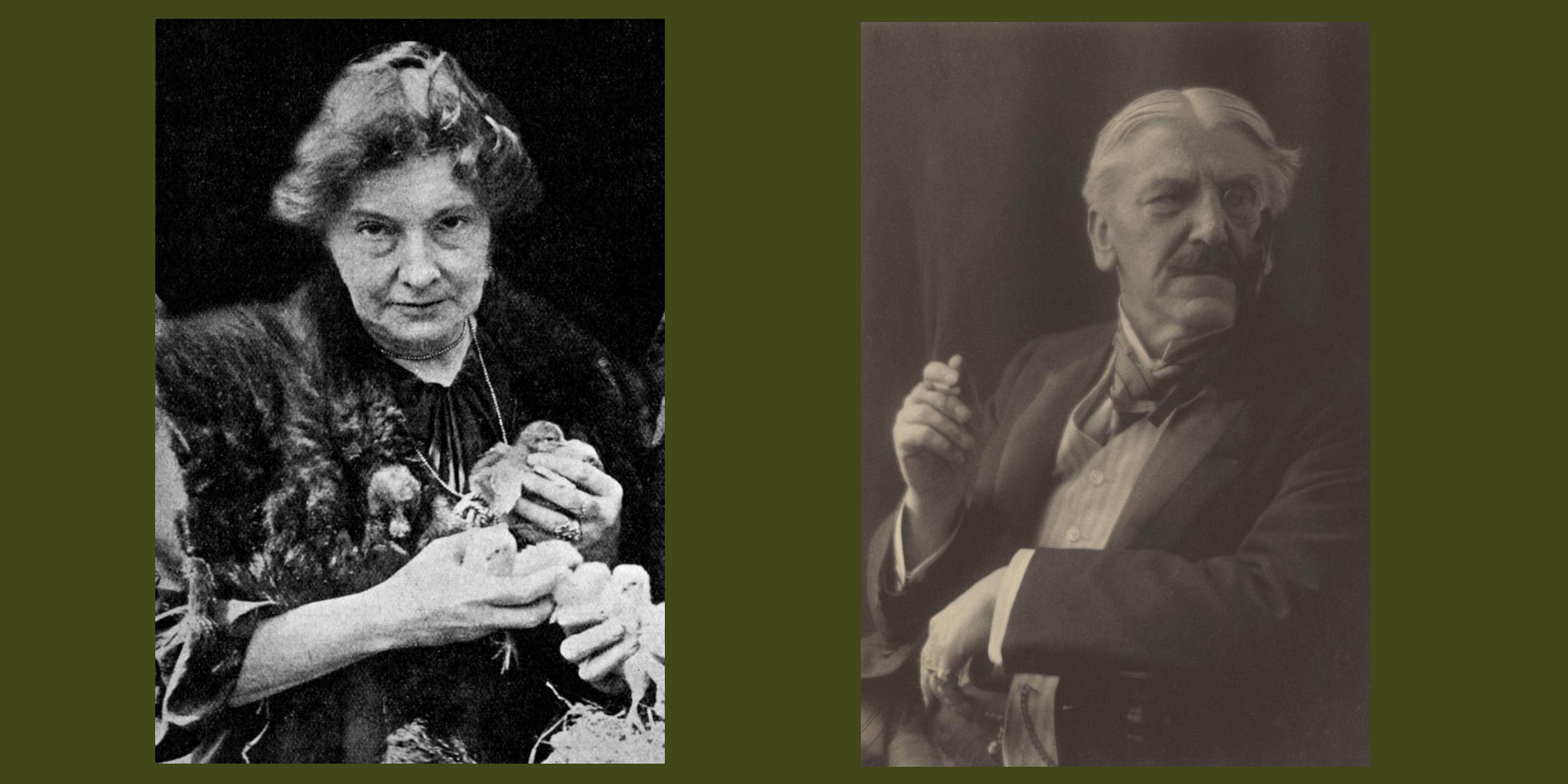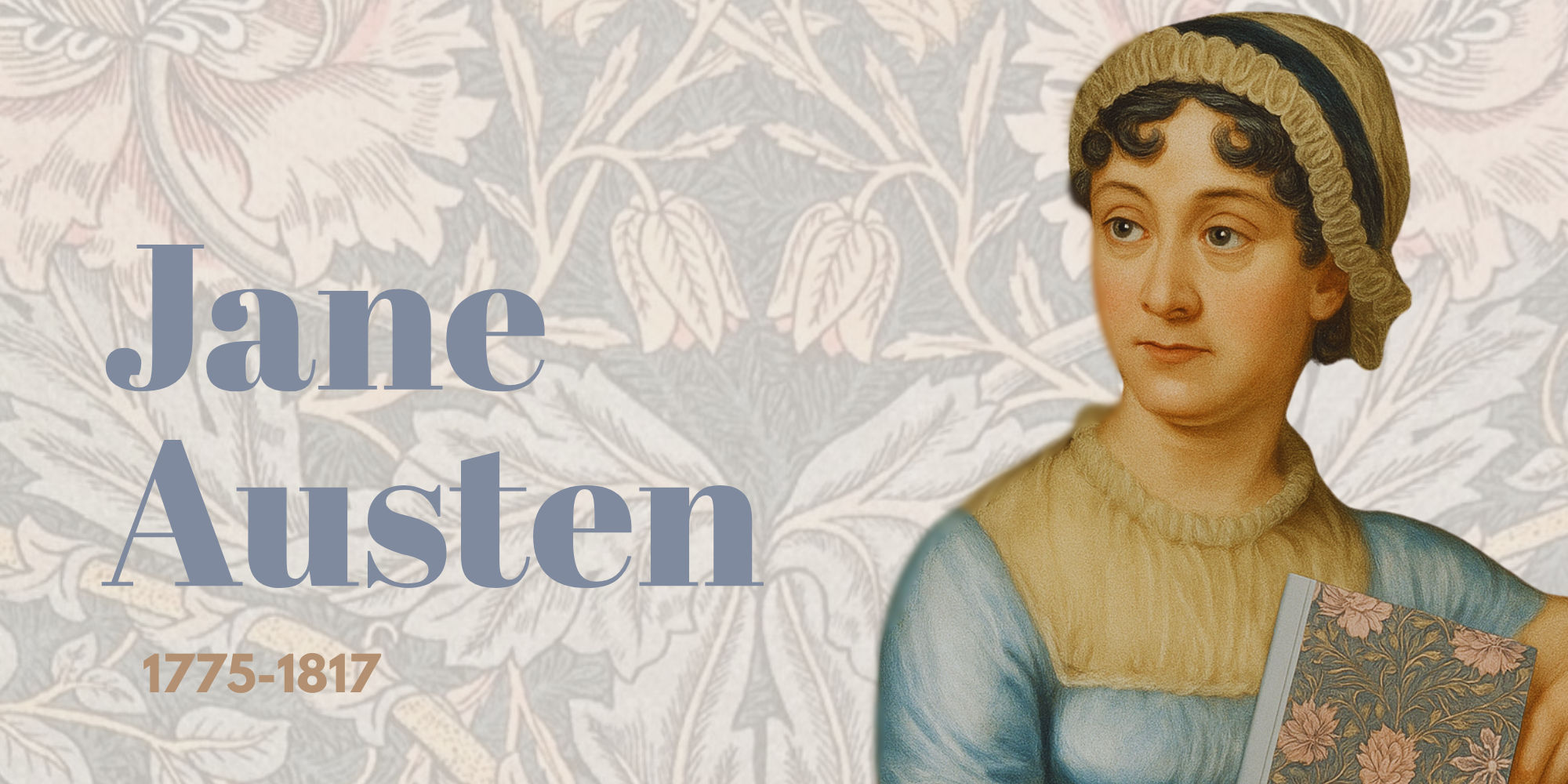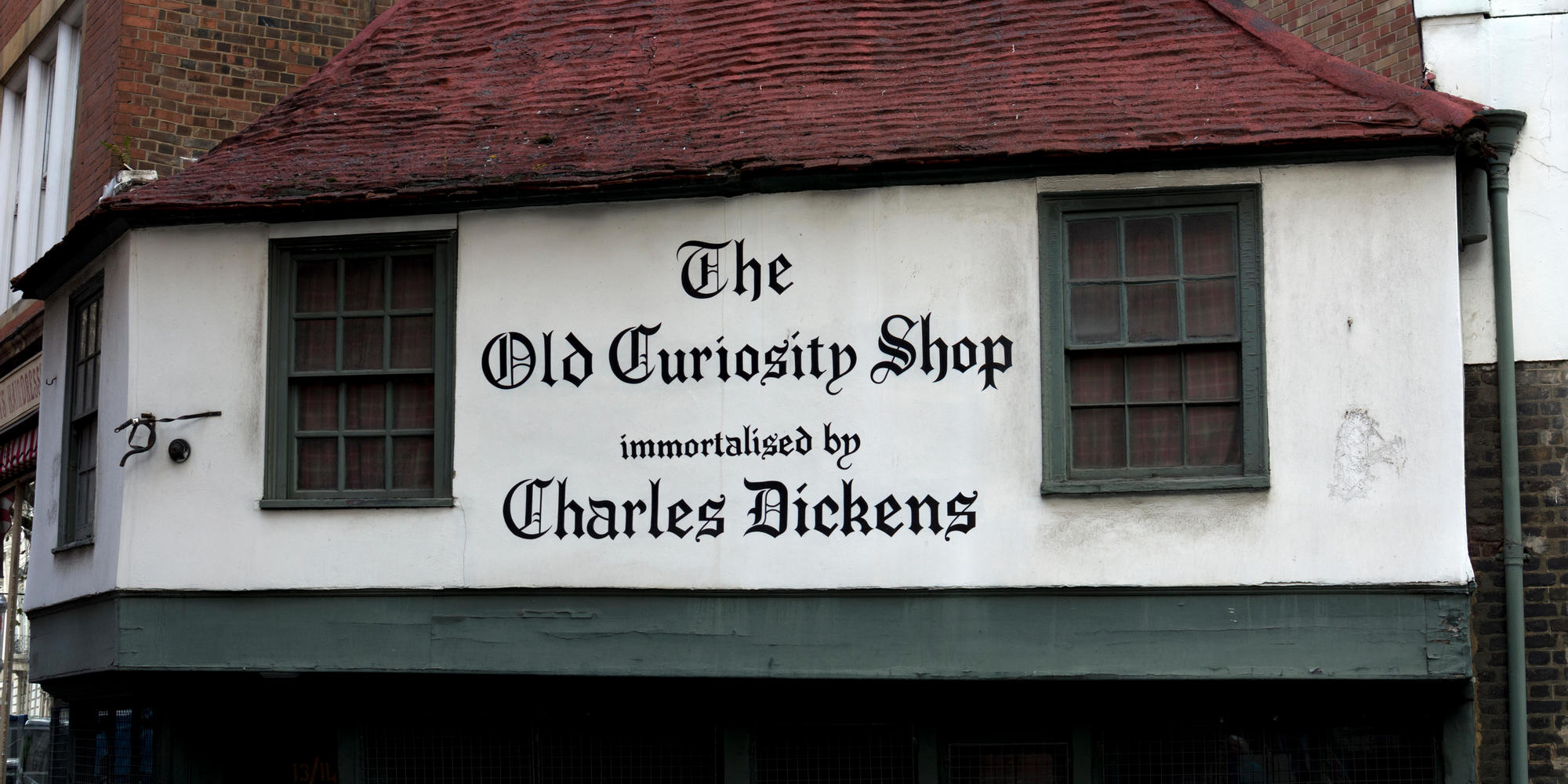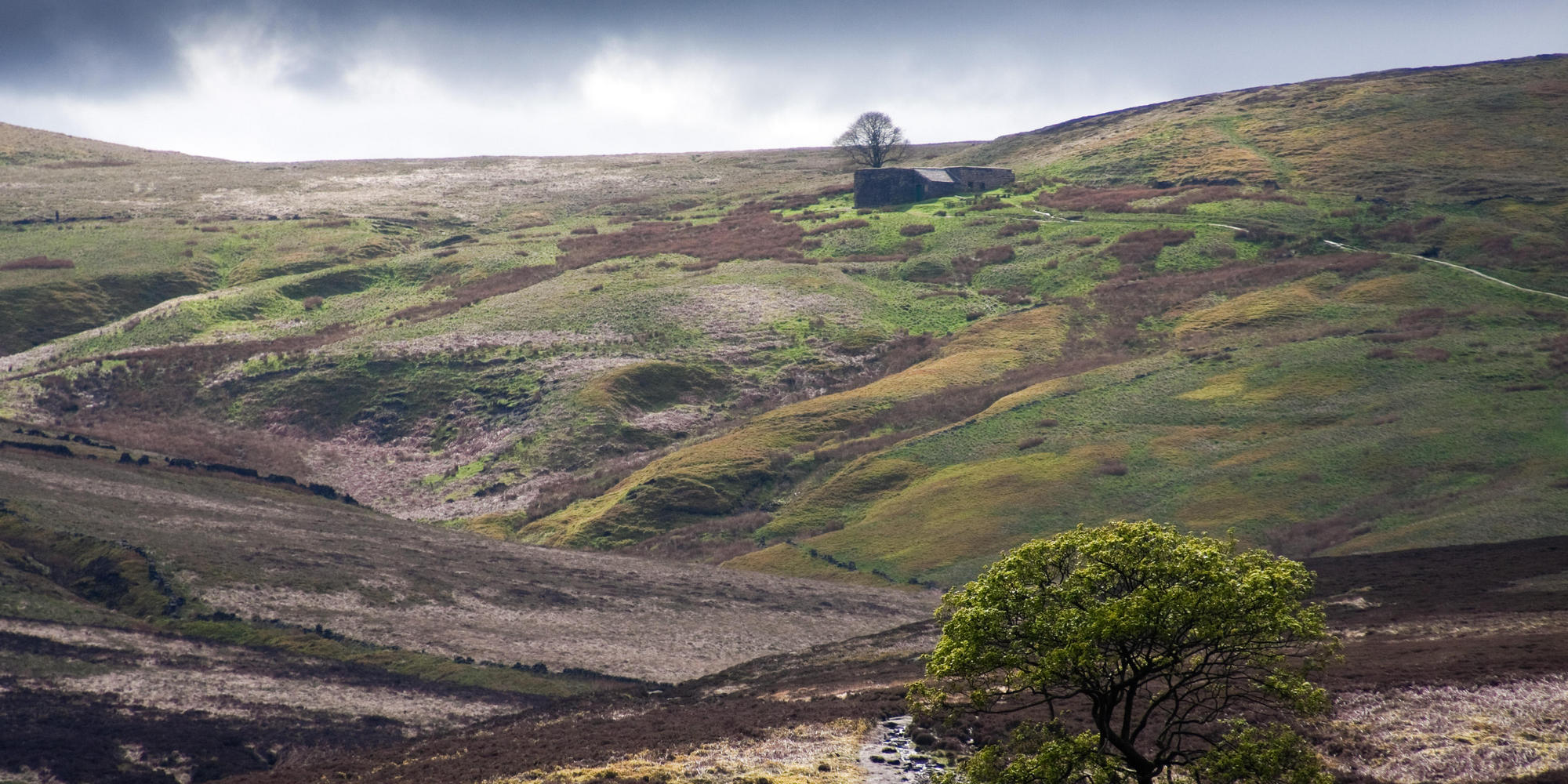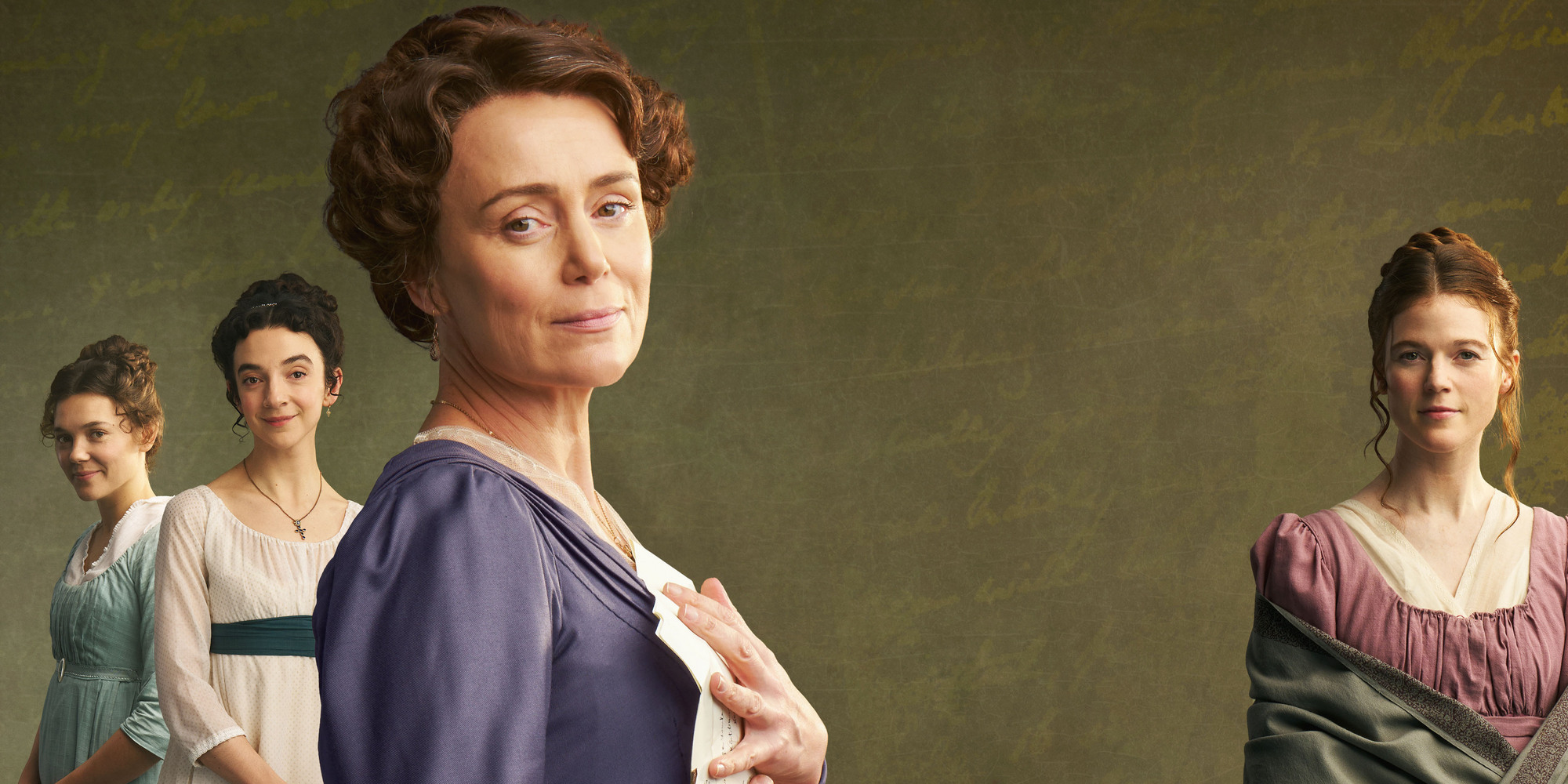BLOG POSTS
Category: Book
Why Supplying Indie Bookshops Still Matters – Especially Now
As concerns grow around how some brands treat independents, we want to make one thing clear: Wordsworth Editions values and supports our partnerships with indie retailers. In an age of algorithm-driven recommendations, overnight delivery, and mass-market convenience, one might assume the days of browsing quiet shelves in a local bookshop are numbered. But here at… Read More
Summer Reading with the Classics: Timeless Stories for Long Days
There’s something about summer that invites us to slow down and immerse ourselves in a good book. Whether you’re reading on a sun-dappled terrace, stretched out on the beach, or curled up on a rainy afternoon, the season is ripe for literary exploration. And what better companions than the classics? At Wordsworth Editions, we believe… Read More
Between Two Worlds: The Weird Tales of Arthur Machen
In his seminal 1927 essay ‘Supernatural Horror in Literature’, an overview of the genre from the folk tales of primitive man to the pulp authors of his own day, H.P. Lovecraft named only four living authors as true ‘Masters of Horror’. These were Algernon Blackwood, Lord Dunsany, M.R. James, and Arthur Machen. And Machen’s major… Read More
The Shadowy World of Edith Nesbit
Denise Hanrahan Wells looks the supernatural short stories of Edith Nesbit, now available in our new publication Man-size in Marble and Other Grim Tales The Shadowy World of Edith Nesbit Chances are, many readers know Edith Nesbit from her creation of courageous Bobbie in the successfully adapted 1905 novel The Railway Children. Or, possibly your… Read More
Nesbit & Hubert Bland: The Truth Behind ‘Woman of Stone’
You might recall that just before Christmas last year I wrote a post about the BBC’s ‘Ghost Story for Christmas’ in anticipation of Woman of Stone. This was an adaptation of E. Nesbit’s 1887 story ‘Man-size in Marble’ by Mark Gatiss, who has breathed new life into the long-running series. Since then, I have had… Read More
Sassy, Sharp & Still Slaying: Why Jane Austen is the Original Literary Queen
At Wordsworth Editions, we’ve published dozens of iconic writers — but let’s be honest: Jane Austen never goes out of style. Two centuries after her death, she’s still setting hearts aflutter, sparking fierce debates, and teaching us the fine art of the slow burn romance. So what makes Austen the timeless force she is? Why… Read More
The Old Curiosity Shop by Charles Dickens
David Ellis revisits Charles Dickens’ fourth novel, The Old Curiosity Shop Dickens’s novels are full of members of the older generation who fail in their obligations to the young. It is if he could never quite forgive or forget how in the early 1820s his indebted parents took him out of school, when he was still… Read More
Yorkshire’s Literary Influence
Does it make sense to think of writing as belonging to a particular place? Sally Minogue reflects on the influence Yorkshire has had on our national literature. A couple of weeks ago I was staying in Yorkshire, my native county, not, as usual, in the homes of my sister or niece, but in a little… Read More
‘Miss Austen’ – the BBC drama reviewed
‘She was the sun of my life, the gilder of every pleasure, the soother of every sorrow, I had not a thought concealed from her, and it is as if I had lost a part of myself’ (Cassandra Austen’s words about her sister Jane after Jane’s death) Miss 2025 marks the 250th anniversary year of… Read More
